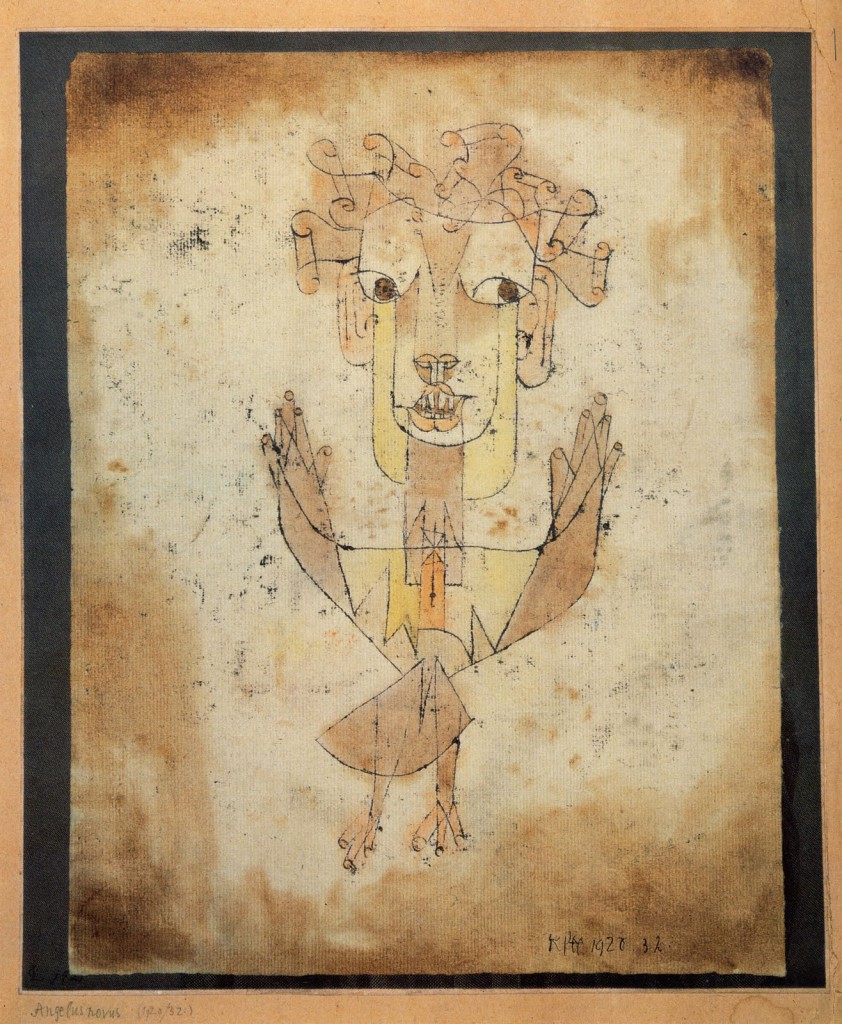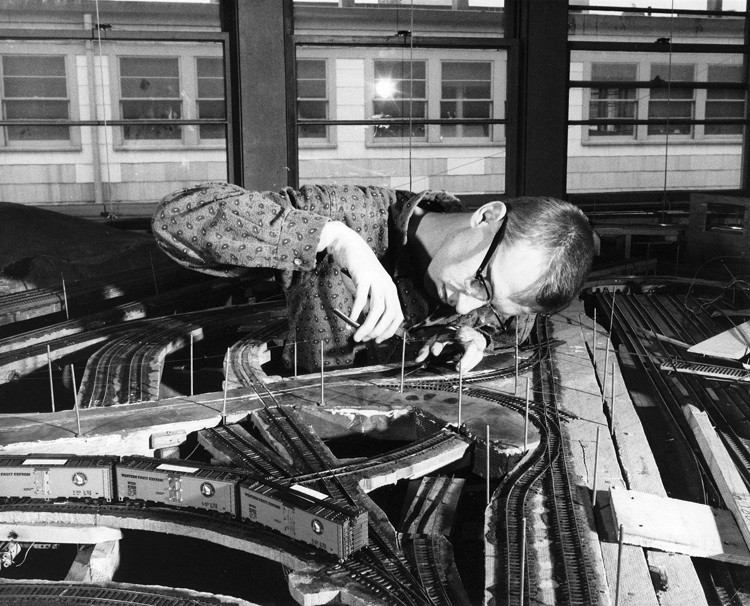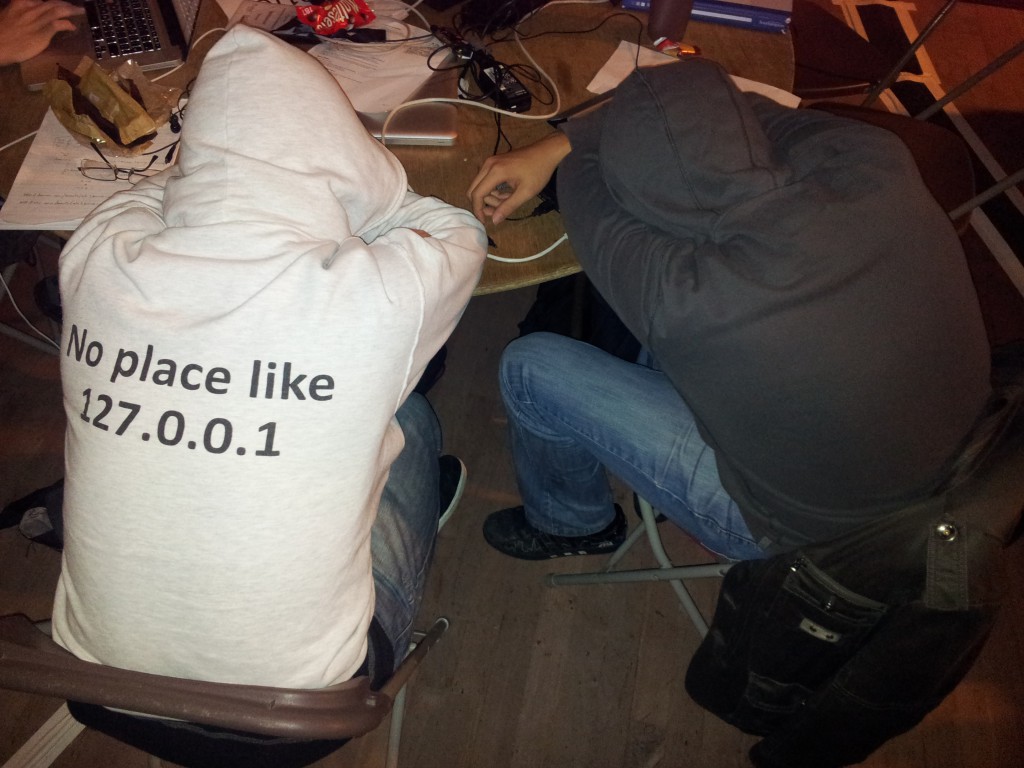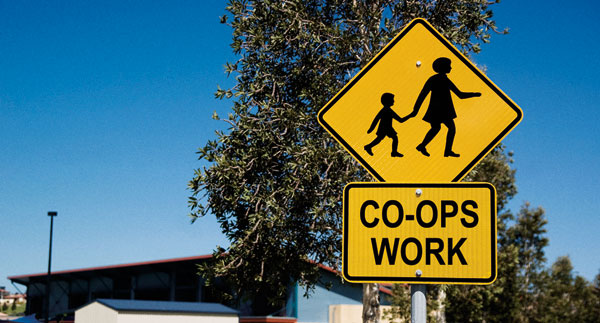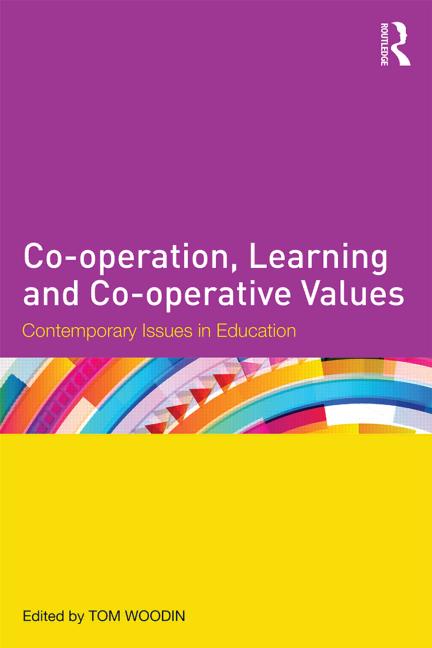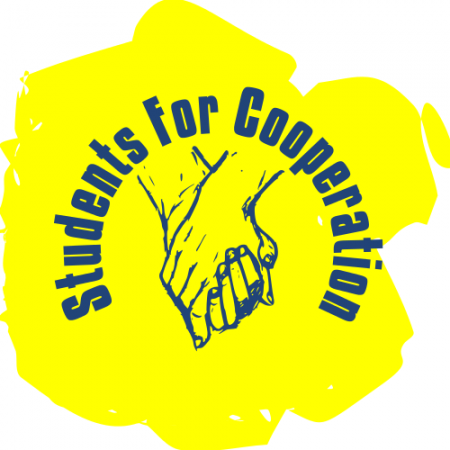My keynote talk for Newcastle College’s Student as Producer conference, March 27th 2015.
Thank you for inviting me here today to contribute to your student conference. It’s a real privilege and luxury to be able to spend the day with you and to learn about all the great work you’re doing. Last year, my friend Prof. Mike Neary spoke at your ‘Student as Producer’ conference. Mike and I have worked together and with many other colleagues on Student as Producer for a number of years now and within our own institution and elsewhere, such as Newcastle College, the core ideas of Student as Producer are interpreted in new ways and take on new forms.
At Lincoln, since our original HEA-funded project ended, Student as Producer has developed into a substantial programme of ‘student engagement‘ led by Dan Derricott, an ex-Vice President of our Student Union. At the University of Warwick, the Institute for Advanced Teaching and Learning funds Student as Producer projects relating to research, collaboration or performance. At Vanderbilt University in the USA, 2014 was themed the year of Student as Producer. At the University of British Columbia in Canada, funding has been made available for the redesign of 100 courses, affecting around 34,000 student enrolments. These are just some of the examples of Student as Producer being put into practice, expressed in words like ‘engagement’, ‘collaboration’ and ‘partnership’. I know that Newcastle College has a new ‘HE Partnership Strategy’ based on the ideas of Student as Producer. I want to introduce, or rather recover, another word that is essential to my own understanding of Student as Producer and that is: ‘co-operation’. I’ll explain what I specifically mean by this in a minute.
First though, the title of my talk today probably requires some explanation: ‘A short history of hacking: Values and principles for co-operative higher education.’ The first part of the title refers to work I did on Student as Producer during 2009-2014. The second part refers to my current work, which I see as a development of Student as Producer, while remaining true to its original principles.
What has ‘hacking’ got to do with Student as Producer? When you hear the word ‘hacking’ or ‘hack’, many of you may think of something malicious and illegal, such as ‘someone’s hacked into my Facebook account’, or ‘the News of the World has been accused of phone-hacking’.
However, an earlier meaning of ‘hacking’ was first used in the late 1950s by teachers and students belonging to the Tech Model Railroad Club at the world renown Massachusetts Institute of Technology (MIT). Even today MIT maintains a ‘Hack Gallery‘ which records various audacious and creative pranks undertaken around campus over the decades. In 1959, ‘hack’ at MIT referred to “something done without constructive end” and, according to records kept at that time, a year later a ‘hack’ specifically referred to “an article or project without constructive end.” It was, “a term for an unconventional or unorthodox application of technology, typically deprecated for engineering reasons.” A ‘hacker’ of course, is someone who hacks, but more specifically, “a hacker avoids the standard solution.” Since the early 1960s, the terms hack, hacker and hacking have taken on a variety of related and nuanced meanings and among computer scientists, electronics enthusiasts and software developers it’s still regarded as an honorary term for someone who is clever, creative, has unusual expertise and enthusiasm for their work and are defacto members of a global community of hackers who collaborate through the Internet.
In my own work on Student as Producer at Lincoln, I originally focused on the research and development of institutional technology with students and our recent graduates. We mainly worked on projects relating to the infrastructure of the university: things like a research data management system, web publishing systems, identification and authentication protocols and curriculum data anlaysis. Throughout these projects, I referred to our work as ‘hacking the university‘ (actually, I was never creative nor clever enough to be a hacker, but some of the students I worked with truly were). During this time, we were trying to re-think and ultimately re-engineer the fabric of the university around the idea of ‘openness’: Open technologies, open data, open ways of doing research and teaching and learning.
In 2011, we held a national student ‘hackathon‘ where nearly 200 students worked around the clock on developing prototypes for new university services. Student as Producer formed the basis and justification for all this work and in particular, a quote from the writer Walter Benjamin, who inspired Mike Neary’s early formulation of Student as Producer:
“[For]… the author who has reflected deeply on the conditions of present day production … His work will never be merely work on products but always, at the same time, work on the means of production. In other words his products must have, over and above their character as works, an organising function.” (Benjamin 1934: 777)
Our work on the technological infrastructure of the university was an attempt to “reflect deeply on the conditions of present day production” in higher education, and “at the same time, work on the means of [knowledge] production.”
The point being, that Student as Producer is not simply about partnership, engagement, and collaboration – although it is all those things. It’s about confronting the idea of higher education and the institutional form that it takes so that as we produce new knowledge, which is what distinguishes a higher education, we reflect deeply on the means of knowledge production itself.
What I’m leading to is that, as you know, Student as Producer is much more than research-engaged teaching and learning. It is a pedagogical framework but one that is intended for rebuilding or re-engineering knowledge production itself. It’s anticipated that the institutional form reflects the pedagogic principles rather than the other way around. At Lincoln, it’s “the central pedagogical principle that informs other aspects of the University’s strategic planning” articulated currently in a major initiative to involve students in the running of the university.
This brings me to the second half of my talk where I want to look forward rather than backwards and think about how Student as Producer can be developed further.

One of the exciting and sometimes frustrating things about working with hackers is that they are always retooling. By this, I mean that they are always looking for ways to improve the tools they are working with and in doing so, the process of production itself. It reflects the fact that software developers often have the ability to author or improve the software tools that will help them develop new software products, a bit like a carpenter who can fashion a better carpentry tool so as to improve their cabinetmaking. This reflects the deep level of knowledge about the process of software production that hackers have. When they run into problems in the development process, hackers often have the knowledge required to address the problem, whether it’s an irritating bug or an inefficiency in the system. Furthermore, they often have the autonomy to make that intervention, because the tools they use are open source and can be freely modified. And because they’re open source there is a community of other hackers they can co-operate with on the problem at hand, if they themselves aren’t quite sure how to fix it.
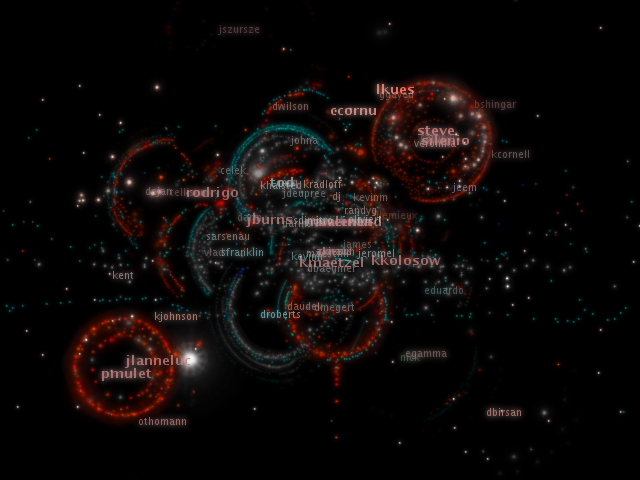
Knowledge, autonomy, openness, community, co-operation are all required if we are to “work on the means of [knowledge] production”. And when we are able to genuinely work on the means of knowledge production, through the principles of openness, autonomy and co-operation, it can have a ‘recursive‘ effect on our understanding of the world around us and embolden us to desire and demand these principles in other aspects of our social lives.
The point I want to underline here is not the simple assertion that students should be recognised and included as part of the research activities of higher education – of course they should – but that if we remain true to that objective, the fabric of the institution, or the ‘means of production’, has to change too, including the way the institution is governed. Which is where I come back to the idea and practice of ‘co-operation’.
Student as Producer has always had a radically democratic agenda, valuing critique, speculative thinking, openness and a form of learning that aims to transform the social context so that students become the subjects rather than objects of history – individuals who make history and personify knowledge. Student as Producer is not simply a project to transform and improve the ‘student experience’ but aspires to a paradigm shift in how knowledge is produced.
For me, Student as Producer has always been more about how students, academics, professional staff, cleaners, caterers – the whole college community – can democratically and co-operatively govern their institutions. At first, I approached this through the idea and practice of ‘openness’, enabled by research and development into new institutional technologies, but at the heart of this was an attempt to intervene in the way we worked with each other. I draw inspiration for this not only from Student as Producer, which from its original articulation referred to ‘co-operation’, but also from the international co-operative movement which has its own set of values and principles. The values are those of
“self-help, self-responsibility, democracy, equality, equity and solidarity. In the tradition of their founders, co-operative members believe in the ethical values of honesty, openness, social responsibility and caring for others.”
The co-operative principles are: Voluntary and Open Membership; Democratic Member Control; Member Economic Participation; Autonomy and Independence; Education, Training and Information; Co-operation among Co-operatives; and Concern for Community.
As you can see, education is one of the key principles for the international co-operative movement, but I want to draw your attention to the other principles of open membership, democratic control, autonomy, co-operation among co-operatives, and concern for community.
The choice of these values and principles has been discussed, debated and refined over the 170 year history of the international co-operative movement and last agreed in 1995. This combination of values and principles does not take a single institutional form (as you know, co-ops are multivarious in the forms they take) but like Student as Producer, I think they offer a framework for re-engineering the governance of higher education and the production of knowledge in our so-called ‘knowledge economy’, enabling teachers, students, administrators, cleaners, caterers… to democratically control our institutions.
Newcastle College should be commended for recognising the need to involve students in the governance of your institution. In your own HE Partnership Strategy you state that “meaningful partnership working is reliant upon the equal distribution of democratic power.” You argue rightly that this isn’t just achieved by listening to the so-called ‘student voice’ but by “empowering students to drive and implement change.” And “this will involve redistributing power across our HE communities up to and including HE Academic Board through engaging students in all stages of the decision making process.” My question to you is how do you intend to constitute this form of democracy. You say that you will embed it “throughout all aspects of the HE learning experience” but what constitutional form will that take and how will you hold each other to account? These are not questions unique to your own stated objectives, but are being asked all the time by people who desire democracy in their work as they do in their politics.
The question I am interested in then, is what steps might we take to reconstitute and transform our institutions into member-run, democratically controlled co-operatives? Institutions that enable us to reflect deeply on the conditions of present day knowledge production and truly put Student as Producer into practice?
Since 2011, academics and individuals within the co-operative movement have been discussing this question, partly inspired by the way 800 schools in the UK have recently become co-operatives. We are writing about co-operative higher education for journals and books, talking about it at conferences like this one, and thinking of ways that colleges and universities can become actual co-operatives or at least more like co-operatives. The suggestions range from converting the whole institution into a co-operative, constitutionally and legally, to running parts of the institution co-operatively, such as courses, research groups, committees and the various services that operate with and within colleges and universities. Staff and students could also be encouraged and supported to create their own co-operatives both inside and outside the university, setting up housing co-ops, food co-ops, technology co-ops, and even community-run education co-ops, joining a growing federation of student co-ops in the UK.
In the course of this process of transformation, as we learn how to practice democracy, autonomy, openness and solidarity, I expect that the ‘recursive’ effect will begin to take effect and we’ll want to assert these principles in other areas of our lives, too, demanding a similar transformation in the social world we are part of. That’s what Student as Producer is all about.
